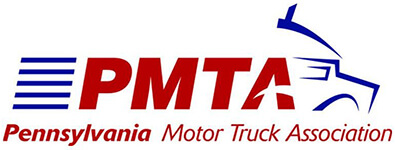PA Once Again Tops the List of Judicial Hellholes
Pennsylvania’s notoriously litigious civil justice climate once again brought the Commonwealth the distinction of ranking as one of the nation’s worst judicial hellholes. This year, the Philadelphia Court of Common Pleas and the PA Supreme Court combined rose to the second worst judicial hellhole in the nation in the American Tort Reform Foundation’s 2022-23 Judicial Hellholes report.
The report points to the recent PA Supreme Court decision to reverse the state’s successful medical liability venue rule as “perhaps the most disappointing decision in 2022.” This rule, which was put into place nearly 20 years ago to address skyrocketing liability premiums for healthcare professionals, was key to reining in healthcare costs and keeping physicians practicing in the state, especially in high-risk specialties. Prior to the rule being put into places, plaintiffs’ attorneys regularly brought medical liability lawsuits in high verdict jurisdictions like Philadelphia, in search of large payouts. Despite the success of the rule in helping to contain healthcare costs and keep doctors practicing, the Supreme Court eliminated the rule in August. The decision paves the way for a drastic increase in medical liability cases in high-verdict courts.
Also contributing to the commonwealth’s position on this year’s list, Pennsylvania ranked third per capital for nuclear verdicts in a 2022 U.S. Chamber study, with 78 verdicts ($10 million or more) in personal injury and wrongful death cases over the last decade. More than 60% of these verdicts were medical malpractice and product liability cases, with the Philadelphia Court of Common Please hosting more than half.
Several Pennsylvania decisions are cited in the report as contributing the state’s ranking, including Lorina v. Workers Compensation Appeal Board, where the PA Supreme Court reversed lower court decisions to find that it was mandatory for an employer to cover attorneys’ fees for a plaintiff in a worker’s comp appeal, even when the plaintiff chose counsel that charged premium rates and billed excessive hours.
